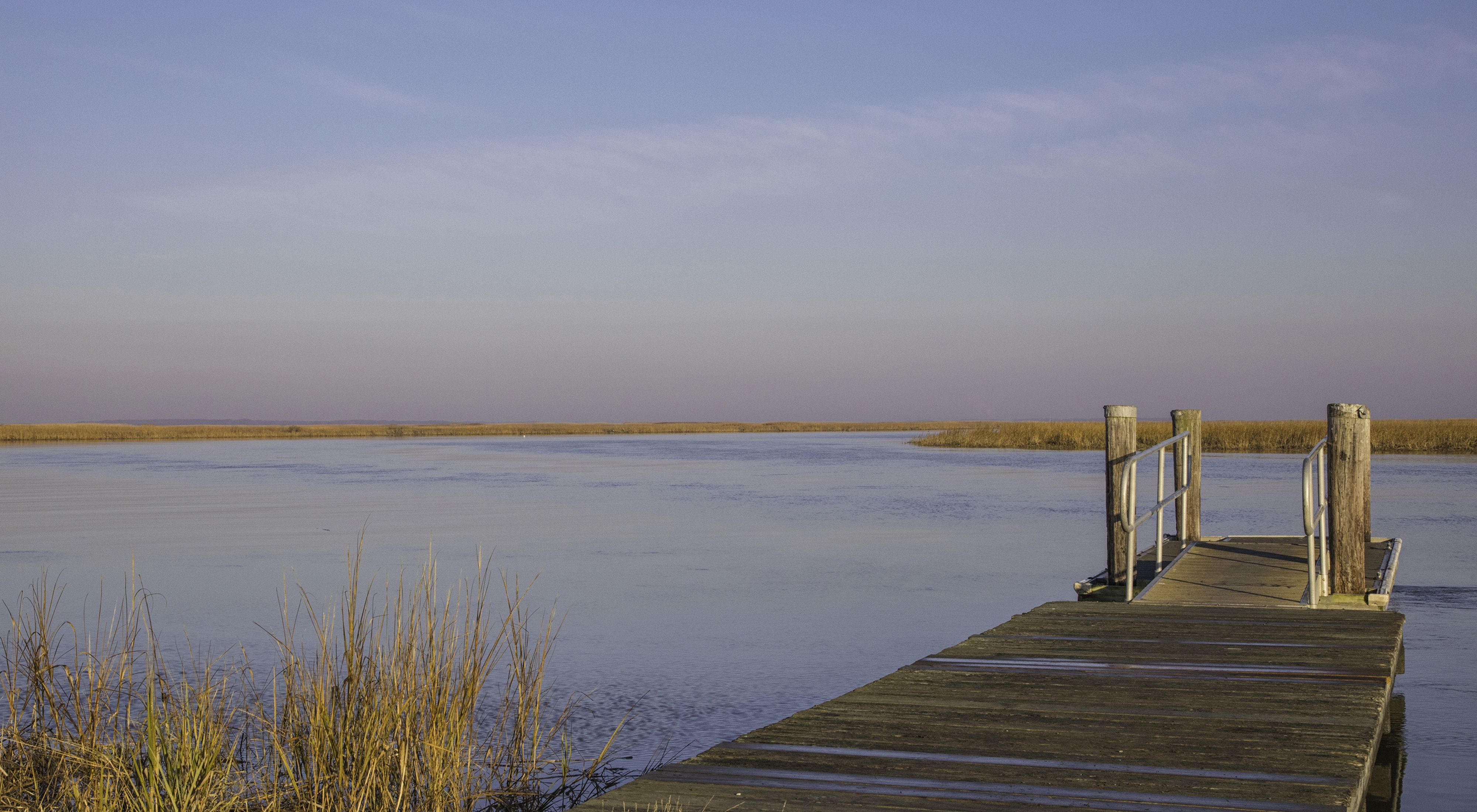Great Benefits for Delaware in SHORRE Act
An editorial by Lori Brennan, Executive Director of The Nature Conservancy in Pennsylvania & Delaware.
Water is central to our lives in Delaware whether it’s the drinking water from the tap or the rivers and oceans we enjoy, or the rain that waters our crops. As the lowest mean lying state and in an era of increased climate instability, water is also causing us more problems than ever before. There is a long list of weather events causing challenges in our communities; including the Mother’s Day weekend storm that took such a heavy toll on our beaches. To address the challenges caused by climate change, Delaware needs continuous investments and innovative strategies to protect our beaches, homes, communities, and wildlife habitats.
The new Shoreline Health Oversight, Restoration, Resilience and Enhancement (or SHORRE) Act authored by U.S. Senator Tom Carper is an important step in that direction. The SHORRE Act is largely contained in the Water Resources Development Act of 2022 (WRDA), which passed the U.S. Senate Environmental and Public Works Committee in May with unanimous bipartisan support. WRDA is the biennial water infrastructure act that invests in the restoration of ecosystems and resilience of coastal and inland communities, among other authorities, for the U.S. Army Corps of Engineers. The Corps, as it’s commonly referred to, is the primary federal agency charged with flood and coastal storm risk management, aquatic ecosystem restoration, and navigation-related projects. With the addition of the SHORRE Act provisions, the 2022 WRDA is the most significant expansion of the Corps’ coastal storm risk management and ecosystem work in more than two decades
The Senate WRDA bill places additional emphasis on accounting for climate change when planning and executing projects for flood risk reduction and drought resilience; strengthens technical assistance to local communities for project planning; and advances ecosystem restoration projects across the country. It would also ease disadvantaged communities’ access to Corps programs to address challenges ranging from storm surge to flood control to ecosystem degradation.

Nature can be a powerful tool for solving the challenges facing our coasts, waterways, ecosystems, and communities. Leveraging nature-based and natural solutions is an effective approach for managing flooding, storm surge, drought, and other impacts. The Senate bill will help ensure the Army Corps is targeting federal resources to nature-based solutions where they are effective and needed most. The legislation will also:
- Update the Corps’ emergency authorities to provide greater support to Delaware’s beaches following hurricanes, Nor’easters, and other damaging storms.
- Designate Delaware as a priority area for the Corps’ implementation of shoreline and riverbank protection and restoration projects.
- Lower the state cost-share of the Bay Beach Restoration project to 10 percent of the total project cost over 50 years.
- Expand the Corps’ authority to enhance resilience and increase the benefits of shore protection projects in Delaware and across the country during emergency repair and restoration efforts.
- Authorize a new $50 million Corps environmental infrastructure project in Delaware to help improve sewers, stormwater treatment systems, drinking water, and other related water infrastructure throughout the state.
- Lowering the cost-share on non-structural, natural, and nature-based solutions.
- Establish a new Tribal and Disadvantaged Communities Advisory Committee to advise the Corps on ways to more effectively deliver projects, programs, and other assistance to economically disadvantaged communities.
Thank you to Senator Carper for his leadership in developing the SHORRE Act and leading the way with the WRDA legislation. With his two Delaware colleagues, Senator Coons and Representative Blunt Rochester, who serves as a sponsor of the House of Representatives version of the legislation, the Army Corps is better poised to respond to our changing climate and help us protect this special place we call home.
The Nature Conservancy is a global conservation organization dedicated to conserving the lands and waters on which all life depends. Guided by science, we create innovative, on-the-ground solutions to our world’s toughest challenges so that nature and people can thrive together. We are tackling climate change, conserving lands, waters and oceans at an unprecedented scale, providing food and water sustainably and helping make cities more sustainable. Working in more than 70 countries and territories, we use a collaborative approach that engages local communities, governments, the private sector, and other partners. To learn more, visit nature.org or follow @nature_press on Twitter.
